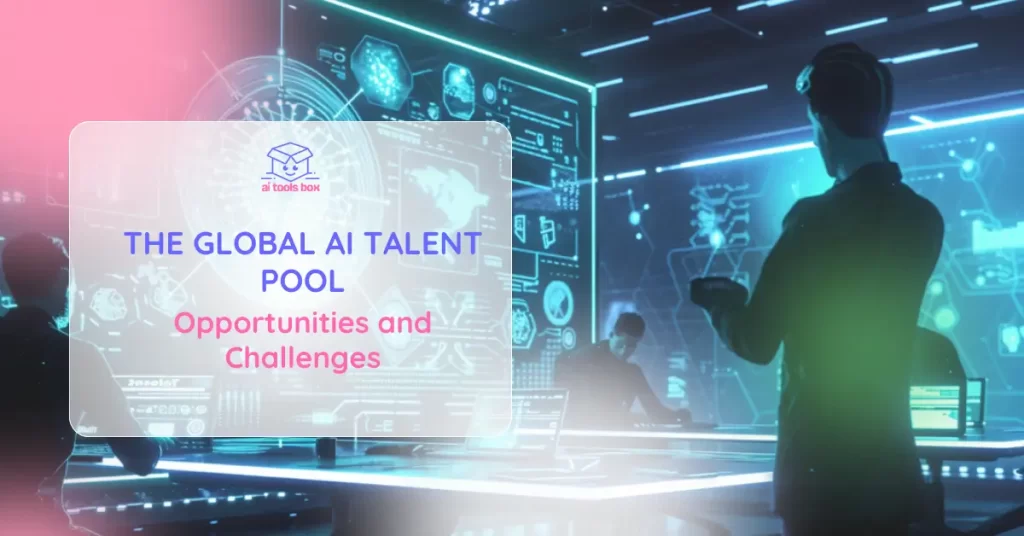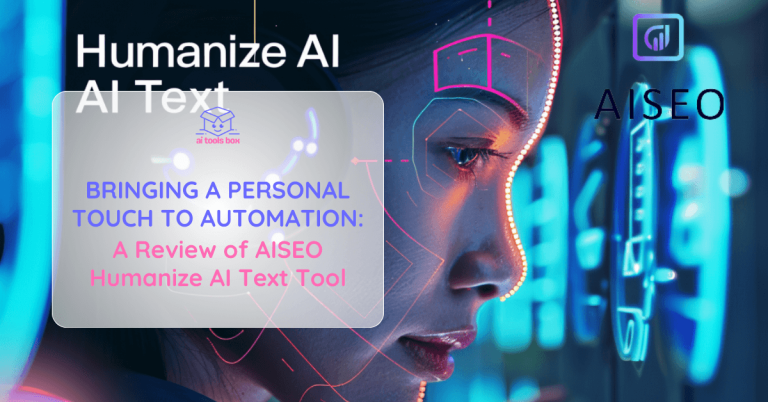In the rapidly evolving landscape of artificial intelligence (AI), the demand for skilled professionals continues to rise. As companies and organizations worldwide embrace AI-driven solutions, the global AI talent pool plays a critical role in driving innovation and unlocking the full potential of AI technologies. This article explores the opportunities and challenges within the global AI talent pool, shedding light on the growing demand for AI skills and the measures needed to foster a thriving AI workforce.
The Growing Demand for AI Talent
The proliferation of AI applications
AI is permeating various industries and sectors, including healthcare, finance, manufacturing, and entertainment. As the benefits of AI become evident, companies are actively seeking AI talent to leverage these technologies and gain a competitive edge. Opportunities abound for AI professionals who can design, develop, and implement AI solutions to solve complex problems and uncover valuable insights.
Increased investment in AI research and development
Governments, corporations, and research institutions worldwide are investing heavily in AI research and development. These investments are aimed at advancing AI capabilities and driving innovation in diverse domains. Consequently, the demand for AI talent with expertise in cutting-edge technologies like deep learning, natural language processing, and computer vision is growing exponentially.
Addressing global challenges with AI
Global challenges such as climate change, poverty, and healthcare require innovative solutions. AI has the potential to address these challenges by enabling data-driven decision-making, developing predictive models, and automating processes. Governments and organizations recognize the transformative power of AI and are actively seeking individuals who can harness this technology to tackle complex societal problems.
Challenges in the Global AI Talent Pool
Limited supply of AI professionals
The demand for AI professionals far exceeds the current supply. The rapidly evolving nature of AI creates a shortage of skilled individuals with experience in cutting-edge technologies and AI applications. This scarcity poses a challenge for organizations looking to scale their AI initiatives and implement AI-driven solutions effectively.
Talent retention and competition
Top AI professionals are in high demand, leading to fierce competition among companies and organizations to attract and retain them. Companies are offering lucrative compensation packages, flexible work arrangements, and opportunities for career growth to entice AI talent. This competition makes it challenging for smaller companies or organizations with limited resources to compete for the best AI professionals.
Emerging skill gaps
As AI continues to evolve, new skills and competencies are constantly emerging. It is crucial for AI professionals to adapt and continuously upskill to stay relevant. However, there is a skills gap between the demand and supply of specialized AI skills. Bridging this gap requires proactive efforts from educational institutions, training programs, and industry collaborations to provide AI professionals with the necessary skills and knowledge.
Nurturing the Global AI Talent Pool
Investing in AI education and research
To nurture the global AI talent pool, governments, universities, and organizations must invest in AI education and research. Academic institutions should offer specialized AI programs and courses that cover both theoretical foundations and practical applications. Strong research collaborations between academia and industry can foster innovation and provide students with hands-on experience in AI projects.
Promoting diversity and inclusivity
AI development should strive for diversity and inclusivity to ensure a well-rounded perspective and prevent biases in AI systems. Efforts should be made to encourage underrepresented groups, including women and minorities, to pursue AI careers. Scholarships, mentorship programs, and outreach initiatives can help create a more diverse AI talent pipeline.
Encouraging interdisciplinary collaboration
AI is a multidisciplinary field that benefits from collaboration across different domains like computer science, statistics, psychology, and humanities. Encouraging interdisciplinary collaboration can foster innovation and bring fresh perspectives to AI research and development. Universities and organizations should promote interdisciplinary programs and create platforms for knowledge exchange and collaboration.
Conclusion
The global AI talent pool plays a pivotal role in driving innovation and harnessing the potential of AI technologies. The demand for skilled AI professionals continues to rise as AI applications permeate various industries, addressing global challenges, and advancing research and development. To nurture and expand the global AI talent pool, efforts are needed to invest in AI education and research, promote diversity and inclusivity, bridge skill gaps, and encourage interdisciplinary collaboration. By investing in the AI workforce, we can unlock the full potential of AI and drive transformative change across industries and society as a whole.



